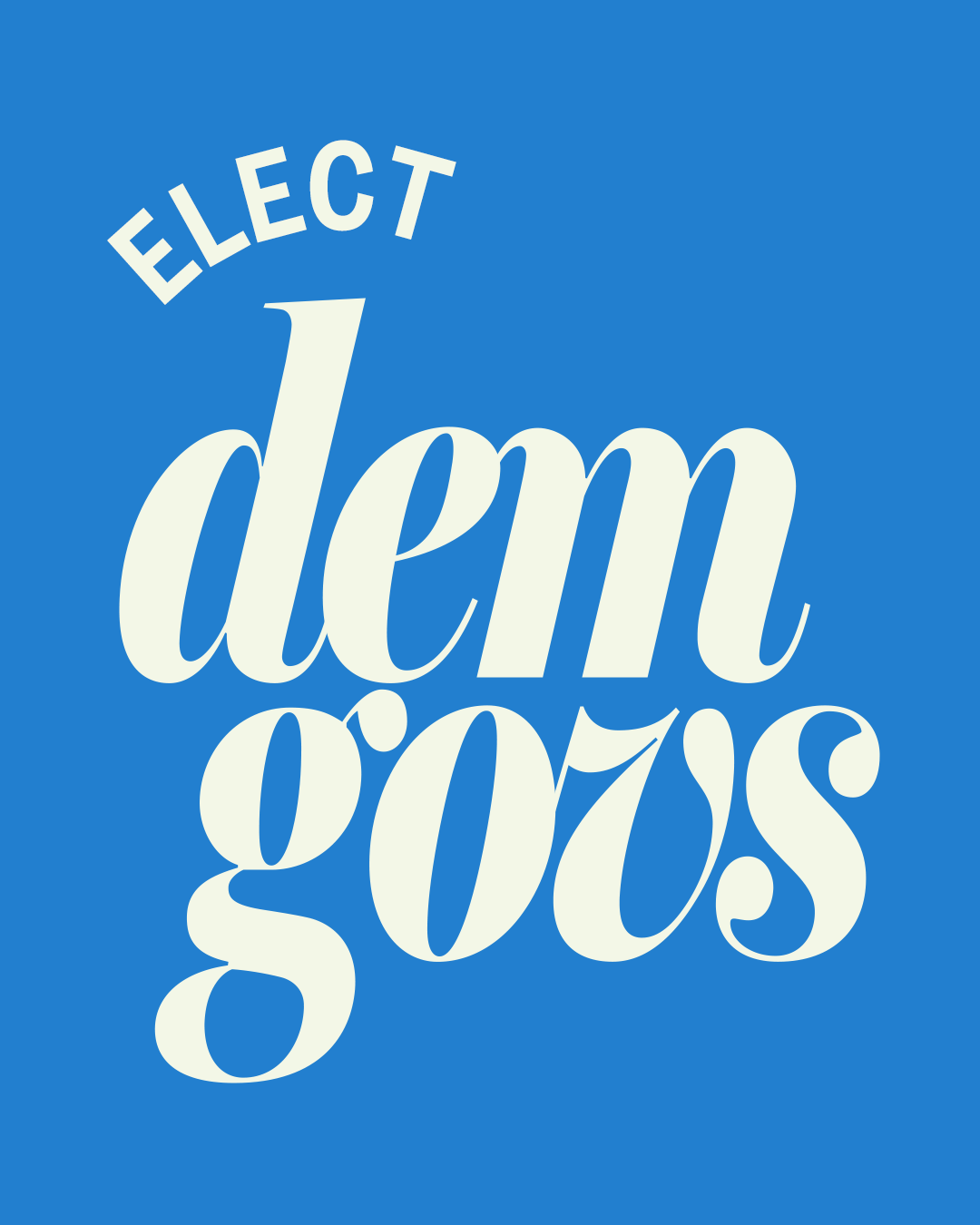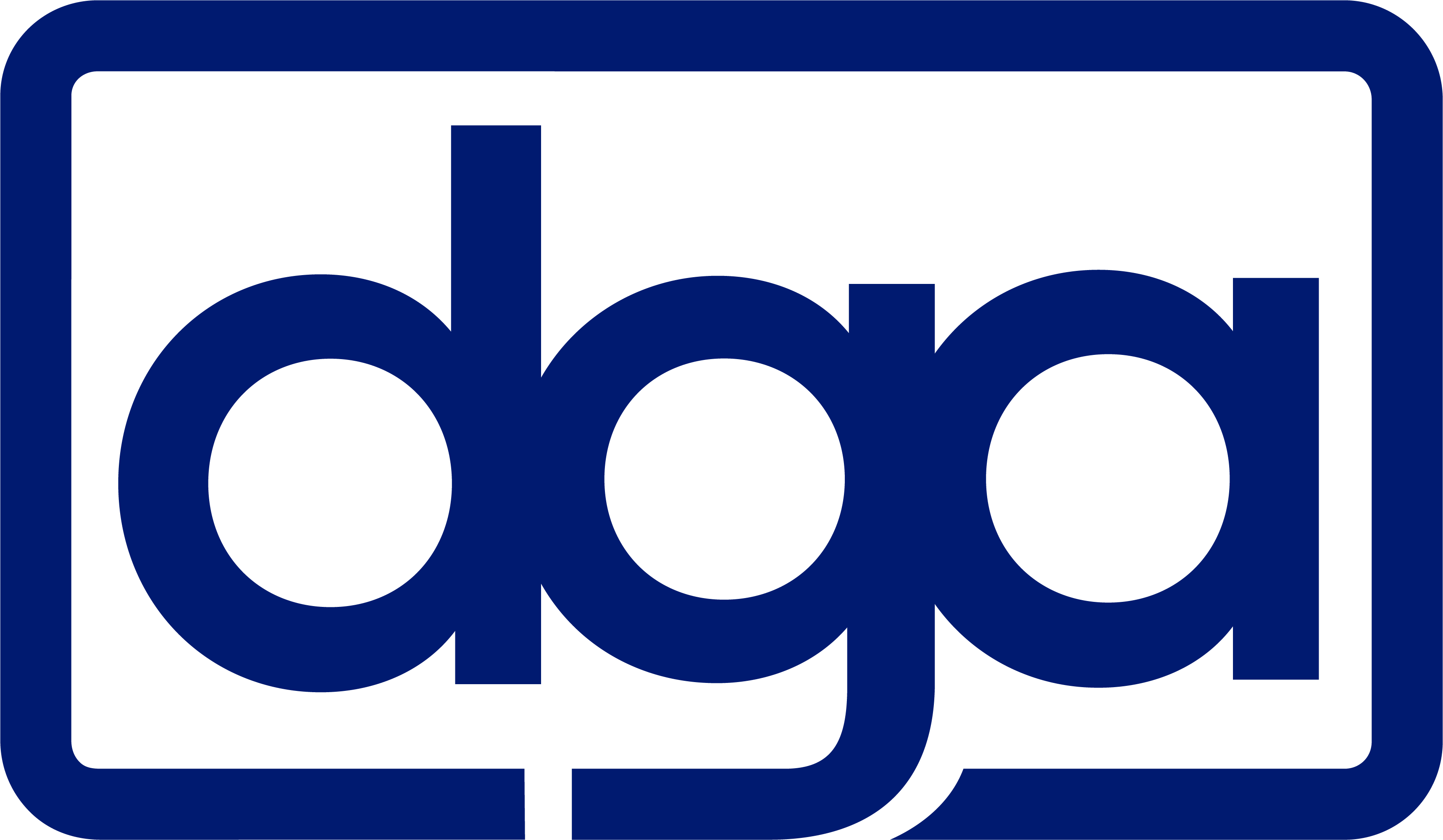
Chip in today to elect Dem govs >>
Democratic governors are leading in the fight against Donald Trump. With our two historic victories in Virginia and New Jersey, grassroots momentum is on our side! But this year, nearly 80% of the country is voting for a governor – and with Republicans already investing to beat Dem govs, early support has never been so critical. Will you donate to elect more Democratic governors who will defend our rights and freedoms and stand up to Trump?
MEMO: Larry Hogan: Vulnerable Heading into General Election
MEMO
To: Interested Parties
From: DGA Executive Director Elisabeth Pearson
Date: June 27, 2018
Re: Larry Hogan: Vulnerable Heading into General Election
2018 is shaping up to be a tough year for Republicans across the country. That challenge is magnified for Republicans who refused to stand up to President Trump on key issues, have deep ties to right-wing special interests, and have a record of breaking promises on the economy.
Unfortunately for Gov. Larry Hogan, that is exactly his profile heading into the general election—and he’s running in a blue state. Hogan’s soft approval ratings have masked a significant weakness: Democrats and Independents in Maryland are looking for a leader with the guts to stand up to Donald Trump and fight for progressive values. And Larry Hogan has failed on those accounts.
In addition to his career of partisanship, Hogan’s record as governor puts him far out of step with Maryland voters. He has refused to stand up to President Trump on issues that matter to families like health care and education and has broken his promises on Maryland’s economy. Hogan finds himself in a highly vulnerable position heading into the general election.
Tuesday’s primary proved that Maryland Democrats are fired up and enthusiastic this year. That, combined with Democrats’ structural advantages in the state and strong Democratic nominee in Ben Jealous, make Governor Hogan deeply vulnerable.
Democratic Enthusiasm
Despite major issues with the state’s election system causing confusion for voters yesterday (for which Hogan has already taken significant heat), Maryland Democrats turned out to vote in record numbers.
Votes are still being counted in Maryland, but totals already show a surge in Democratic turnout. Total Democratic votes outnumbered total Republican votes for governor by 2.7-to-1. As of this morning, there have been 552,301 Democratic votes for governor and just 202,379 Republican votes. The Democratic figure marks a 14% increase from the 2014 primary, while Republican turnout dropped by 6% from 2014.
In fact, Democratic nominee Ben Jealous received more votes than Hogan did – 220,012 to 202,379.
Yesterday’s results were a continuation of the unprecedented energy among Maryland Democratic voters in last year’s municipal elections in Annapolis and Frederick. In Annapolis, Democratic Mayor Gavin Buckley defeated a Republican incumbent by 24 points—a 25-point swing from the 2013 election. In Frederick, Democrat Mayor Michael O’Connor won by more 22 points, defeating a Republican who previously won by more than 18 points.
Democratic nominee Ben Jealous stands poised to build off of this enthusiasm. His policy agenda focused on improving Maryland’s schools, boosting access to healthcare, and building an inclusive economy will energize Maryland voters looking for a governor who will reliably stand up to Trump.
Maryland’s Democratic Identity
While surging Democratic enthusiasm is encouraging in races across the country, it has the potential to have even more of an impact in Maryland, a state where Democrats outnumber Republicans by more than two to one.
Upon examination, Hogan’s much-touted approval numbers turn out to be soft. A poll this spring found that less than half of Maryland voters intend to vote for Hogan, a number that has fallen since earlier this year and will continue to fall as Democrats consolidate behind Jealous and begin communicating in the general election.
Additionally, Maryland has a history of ousting Republican governors with relatively high approval ratings. In 2006, Republican Governor Bob Ehrlich had an approval rating of 55% just weeks before being swept out of office by that year’s wave election, showing “how Marylanders’ frustrations with the national GOP can undermine a popular governor’s standing.” And President Trump is even less popular in the state than President Bush was in 2006.
In fact, it has been more than 60 years since Maryland reelected a Republican governor.
Hogan’s Record of Failing to Stand Up to Trump
Time and time again, Governor Hogan has failed to stand up to President Trump when Trump’s agenda has directly threatened Marylanders—even on issues where other Republican governors spoke out.
When other Republican governors came out early against Trump’s Congressional plan to repeal the Affordable Care Act, Hogan could have been a key voice. Instead, Hogan sat in his office 30 miles from the White House, and stayed silent for months.
The GOP tax law stands to raise taxes on 31% of Marylanders and hurt home values in the state, yet Hogan was silent for weeks—even when other Republican governors voiced their concerns in the midst of Congressional action. He even had the nerve to say that protecting Marylanders was “not my job.”
He refused to sign onto a bipartisan letter from a dozen governors demanding that Congress fix DACA to protect DREAMers and wouldn’t let Maryland’s Attorney General sue to halt Trump’s travel ban.
Hogan even invited Trump Education Secretary Betsy DeVos and her agenda into Maryland. Less than a month into his term, Hogan tried to withhold more than $100 million from Maryland public schools. Like Trump and DeVos, Hogan nominated hardline extremists to the state board of education and denied a request from legislators for emergency funding to fix heating issues in Baltimore schools. Maryland schools, which were previously rated the best in the country, have dropped in national rankings every year Hogan has been in office.
Hogan has put his loyalty to politicians like Trump ahead of Maryland for his entire career. He first ran for office as a Republican nearly 40 years ago. While serving as one-term Republican Governor Bob Ehrlich’s appointments secretary, Hogan developed a reputation as Ehrlich’s “Hatchet Man” for conducting a mass firing of Democrats working in state government.
Hogan’s Broken Promises on the Economy
After campaigning on keeping Fortune 500 companies in the state, Hogan became the first Maryland governor in decades to lose a Fortune 500 company when Discovery Communications announced that it would be leaving the state and taking 1,300 jobs with it. Hogan flippantly called this move “not the end of the world.”
Along with Discovery, companies like Facebook, Nestle and Boeing have chosen to invest in nearby Virginia instead of Maryland under Hogan.
Maryland ranks last in the region in job creation, creating jobs 1/5th as quickly as the country as a whole and 1/3rd as quickly as neighboring Virginia.
A recent study from the Federal Reserve found Maryland to be the only state expected to see “economic activity deteriorate in the next six months.”
Maryland workers’ wages are falling behind the nation, costing the average Marylander more than $4,000 in wage growth under Hogan.
Ben Jealous’ Strength:
The Baltimore Sun wrote in its primary endorsement of Democratic nominee Ben Jealous that he is the best candidate to “articulate a cohesive progressive vision to contrast with Mr. Hogan’s center-right policies so that voters can send a clear message in November about the direction they want the state to take.”
When presented with that clear contrast this fall, Maryland voters will reject Hogan’s partisan Republican record and broken promises in favor of the strong Democrat with a progressive agenda and the guts to take on President Trump when his policies hurt Maryland.

